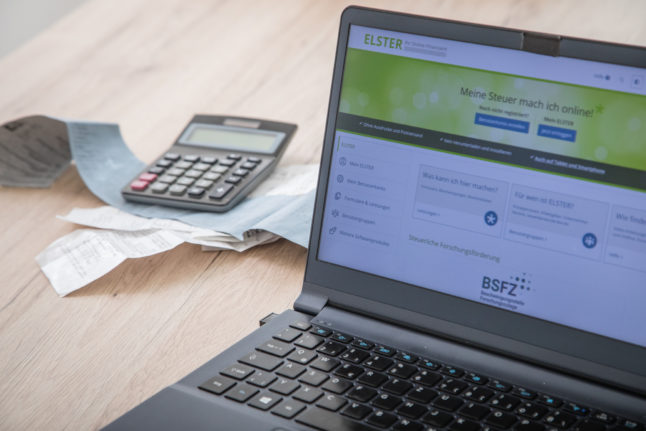The government is considering an increase of the contribution workers pay to insure against future unemployment from 2.8 percent to 4.5 percent, the paper reported.
Angela Merkel’s Christian Democrats (CDU) and the pro-business Free Democrats (FDP) have already discussed the possibility in their coalition talks after the September election.
The increase would apply from 2011 and is aimed at meeting the government’s tough savings goal of reducing the federal government deficit by €60 billion by 2016, the paper wrote, citing sources in the parliament.
In a bid to pull Europe’s biggest economy out of the historic post-World War II downturn, Merkel’s government has embarked on a massive spending programme that has burdened taxpayers with an unprecedented level of debt.
The federal government alone will run a deficit of more than €100 billion in 2010, compared with €60 billion this year. On Monday, Finance Minister Wolfgang Schäuble foreshadowed a strict belt-tightening plan to meet the government’s goal of cutting the deficit by €10 billion per year for the next six years.
Without a hike in the unemployment insurance, the federal government would have to pour billions of euros in coming years into the Federal Employment Agency (BA), sources told the paper.
“Those are dimensions for which a typical savings programme simply won’t suffice,” Clemens Fuest, a senior adviser at the federal Finance Ministry, told Süddeutsche Zeitung.
He said he feared Germany’s sales tax might also have to be raised.
However, Merkel and FDP leader and Vice Chancellor Guido Westerwelle have both ruled out a hike to sales tax – a possible reason why an increase to the unemployment contributions was floated in the coalition negotiations, at which the two parties hammered out broad policies for the next four years.
At present, all employees in Germany pay 2.8 percent of the gross income to unemployment insurance. But at that rate unemployment benefits paid to people out of work were going to tear an extra €16 billion hole in the federal budget in 2010 alone, dropping to €14 billion in 2011.
By raising the worker contribution to 4.8 percent, Schäuble could cover all benefits, Süddeutsche Zeitung wrote.
“It was a mistake that the contribution was actually kept down in the last legislative period, rather than being used as a buffer,” said one source.
That means a hike was now unavoidable, particularly if the government wanted to cut taxes in the future while avoiding slashing social benefits, the paper said.



 Please whitelist us to continue reading.
Please whitelist us to continue reading.
Member comments